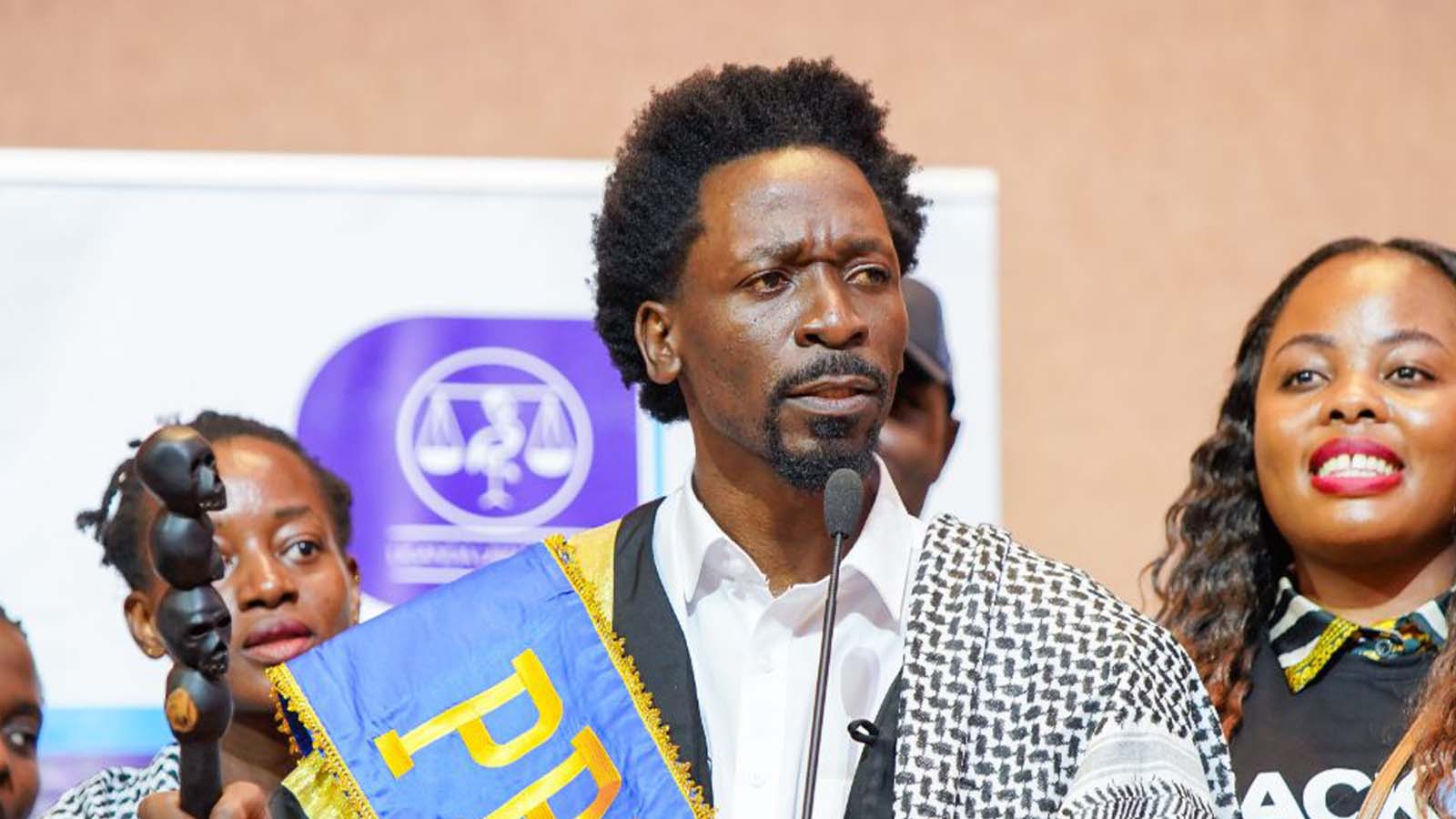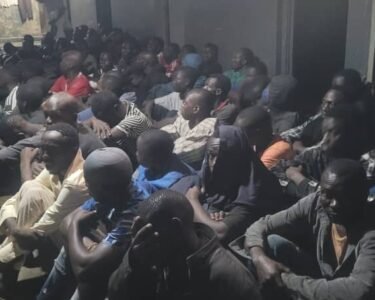The Uganda Law Society (ULS) has strongly condemned Justice Rosette Comfort Kania for what it terms as a blatant violation of the law in her recent decision to deny bail to opposition figure Dr. Kizza Besigye and his co-accused, Hajji Obeid Lutale. The two were denied bail on April 11 despite, according to ULS, meeting all the necessary requirements under Ugandan law.
In a sharply worded statement released Monday, ULS criticized the judge’s ruling as not only unlawful but also a departure from established legal standards and constitutional principles. The law society accused Justice Kania of basing her decision on speculation rather than legal merit, arguing that she acted in a paternalistic manner by justifying continued detention as being in the best interest of the accused to prevent them from interfering with investigations.
Related
Why Besigye And Lutale Bail Application Was Rejected?
Nakawa Court Approves Closed Door Testimony In Besigye Case
Gov’t Seeks Approval To Hack Into Kizza Besigye’s Phone
Nakawa Court Approves Closed Door Testimony In Besigye Case
“The denial was based on speculation that the accused might interfere with investigations due to the serious nature of the charges, and an unacceptably paternalistic rationale that the continued detention was in their best interest,” the ULS said. “Judge Kania’s decision is fundamentally flawed and impeachable, as she failed to cite any law or precedent for her departure from established principles.”
The statement referenced several past rulings to back its claims, including Uganda (DPP) v Col (Rtd) Dr. Kizza Besigye, Constitutional Reference No. 20 of 2005; Attorney General v Tumushabe (2008); and Attorney General v Uganda Law Society, Constitutional Appeal No. 1 of 2006. These, the society noted, underline the principle that judicial discretion must be exercised in accordance with established legal frameworks, and not in isolation or under undue external influence.
Further citing Aharikundira v Uganda, Supreme Court Criminal Appeal No. 27 of 2015, and Nabikukule v Attorney General, Constitutional Appeal No. 2 of 2016, ULS emphasized that bail is a constitutional right that cannot be denied without compelling justification. It added that Judge Kania’s ruling in the Besigye matter eroded public confidence in the judiciary and risked legitimizing arbitrary detention under the guise of discretion.
ULS also expressed concern that the ruling may have been influenced by Executive Order RNB No. 2 of 2024, which reportedly directs courts to refrain from granting bail in certain criminal cases. The society reiterated its earlier position that the order is unconstitutional and violates the independence of the judiciary.
In its statement, the ULS said it would lodge a formal complaint with the Judicial Service Commission regarding Justice Kania’s conduct and called for urgent reforms to safeguard judicial independence and accountability. It also criticized the judiciary for delaying habeas corpus applications filed by Besigye’s legal team, including those led by renowned human rights advocate Eron Kiiza.
Related
Lawyer Eron Kiiza Released on Bail After Contempt Sentence
DPP Opposes Bail for Jailed Lawyer Eron Kiiza Amid Contempt of Court Conviction
High Court Dismisses Habeas Corpus Application for Human Rights Lawyer Eron Kiiza
The controversial ruling has sparked widespread outrage among legal professionals, opposition figures, and civil society, who view the move as part of a broader campaign to silence dissent and weaken the rule of law in Uganda. Dr. Besigye, a former presidential candidate and long-time critic of the current regime, has been arrested and detained numerous times over the years in what his supporters describe as politically motivated prosecutions.
The Uganda Law Society concluded its statement by urging all judicial officers to uphold the Constitution and to reject any form of executive overreach. It called for the immediate reconsideration of the bail application, warning that continued detention without just cause poses a grave threat to civil liberties and the credibility of Uganda’s justice system.





